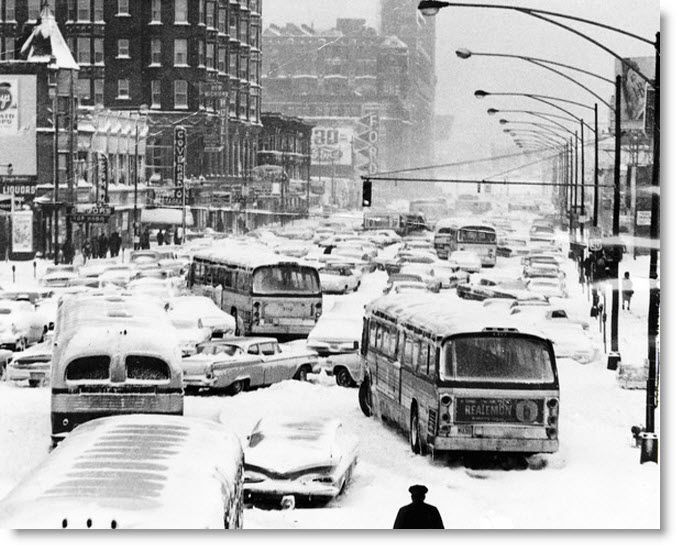
When I was new in Chicago — this is fifteen years ago, now — a friend of mine helped me get a job as a hostess at a downtown restaurant. The restaurant was a citywide chain so popular, Saturday night at the host stand felt straight-up dangerous. Elbows were thrown. Twenty-dollar bills were passed to the maitre-d’ for special treatment (woe betide the tipper if the guy from out of town waiting three hours already spied the exchange.) Wine was sloshed. It was loud. And it was an hour commute on the train from my tiny apartment in the middle of nowhere.
I had learned to eat well in college. I worked as a waitress at a cafe there in Iowa City and got my culinary education — and dating the head chef for most of that time meant I got, you know, tutoring help and stuff. By the time I got to Chicago, I actually knew a little about wine. I could make a pan sauce all by myself. This small-town girl not only knew what sweetbreads were, she would order them if she found them on a menu. Aside from the occupational hazards, being a hostess just felt wrong. I was in a restaurant but not doing what I could do. I knew a restaurant job was what I would have for awhile, but the role and the restaurant had to change.
There was an ad in the Chicago Reader for a waiter at a two-star (Michelin stars, that is) restaurant on Taylor Street. Let’s call it The Fancy Napkin. This place was gorgeous: an upscale French bistro owned by a Moroccan man who looked like a swarthy James Bond. The cafe sat sixty, tops, outfitted in impeccable white linen; the waiters wore impeccable white bistro aprons. Each wine glass was spotless and the lights from the chandeliers glinted off them all. Steaming bowls of boulliabaisse. Crusty baguettes. And if you wanted to spend north of a grand on a bottle of wine, the restaurant would be happy to help you do that.
I applied. There were no female waiters, just three dudes, one of whom had been there over ten years. I had to take a wine test. I had to answer serious menu questions. I forget what the owner asked me, but it would’ve been things like, “What is canard? What is mille-feuille? Pair wine with the caviar plate for me.” I got an hour with the menu and then had a quiz. I did very well on everything and the owner offered me the job. But I had a problem.
The theater company I was a part of was producing our first show. I had a small part in the second act. There was zero money. And I had rehearsals at night. As a hostess at the chain restaurant, I could be in the play: I’d just work the lunch shifts. But not at The Fancy Napkin — there was only dinner six nights a week. I told James Bond I would be thrilled to take the job and then gently broached the little matter of needing Wednesdays and Thursdays off for awhile, then swapping those out for the Friday and Saturday nights I’d need for the play. But not for long! Just four weeks or so? Sir?
This did not go well. After expressing his extreme displeasure over taking so much time to vet me, he told me something I will never forget: “Marie, you can be a poor artist. Or you can make a lot of money at this restaurant. But you can’t do both. Decide now. Do you want to be poor and in a little play? Or do you want to live?” I was speechless. I needed money. But the play. Theater was the reason I came to Chicago. But money. But art. But rent. But love. Oh, no, no, no. I was twenty-two years old.
So you know what I did? I took a walk around the block. Someone had told me once that if you have to make a big decision, take a walk around the block and say to yourself firmly, “By the time I get back to where I started, I will have my decision.” It works. You speed up the decision-making process. You get closer to the end of your loop and you’re still in a quandary and then bam! The solution presents itself. The whole way around the block, walking slowly, I didn’t know what to do. But when I got to the door, I did.
I quit the job.

